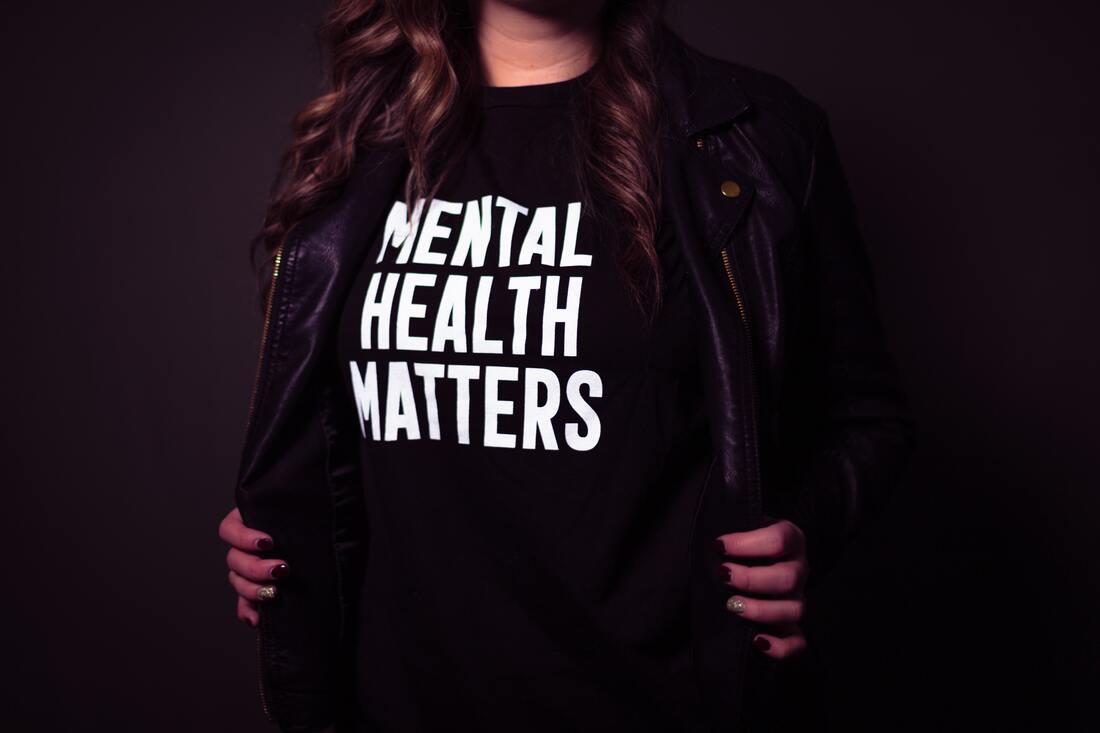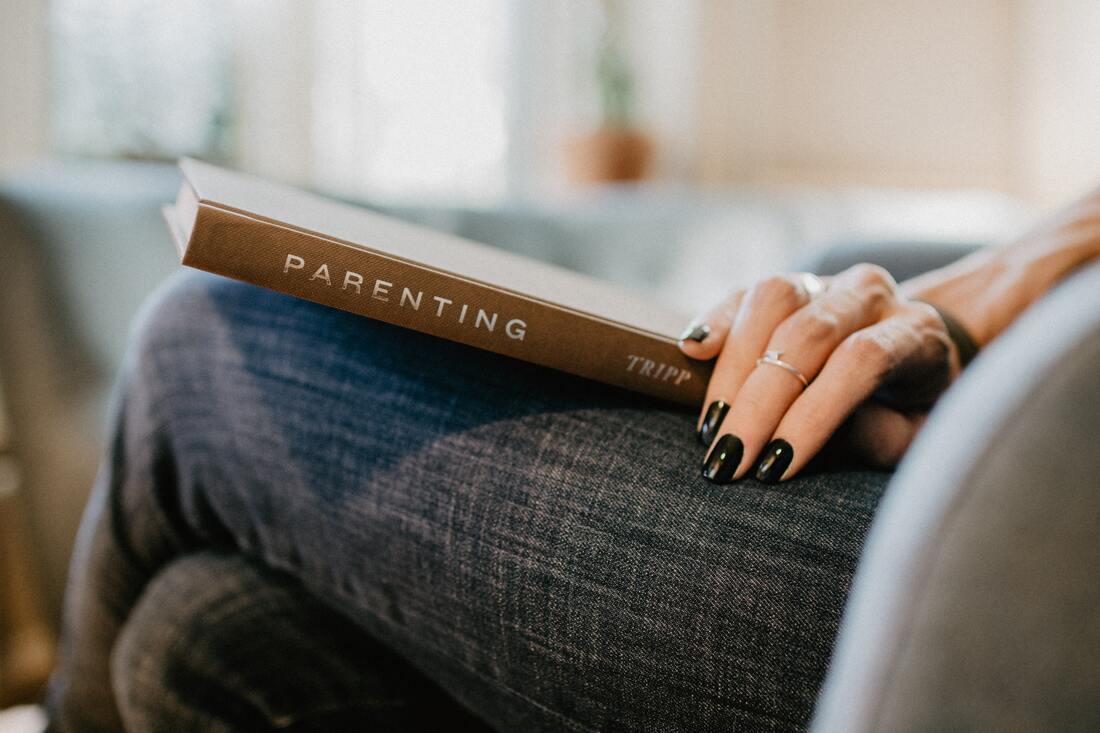|
Sometimes having a healthy boundary means that it is alright to move forward in your life, even though someone you care about is not yet living a healthy life. You may feel guilty about leaving someone behind, and yet there is an important gift that you are giving the other person.
There are a lot of ideas about what makes a good friend…a friend should be there for you no matter what, doesn’t judge you, is kind and respectful. While this idea is nice, I question whether this is realistic, does this idea perpetuate perfectionism in friendships, and what happens when a friend does not live up to these expectations?
Do you ever feel like you and are partner are repeating the same pattern over and over again? You or your partner says something that pushes buttons, one or both of you lose it, and then down the rabbit hole you go! The flooding of emotions during conflicts with a partner can be overwhelming and can lead to hurt feelings, regret, fear, and can even result in relationships ending.
Whether you’ve made a New Year’s Resolution to focus on your wellbeing, or simply feel like now is the right time, you may be contemplating speaking with a therapist. You might have come to this decision easily, or maybe it’s something you have contemplated for a long time. Whatever the reason, sometimes the jump from deciding to speak to someone to scheduling your first appointment can be daunting. You may ask yourself: what is the therapist going to ask me to do? How much should I share about myself? How can I trust a total stranger? What if they judge me?
We all have had that conversation with a friend, partner, or family member, that gets escalated before we know it. Often this can lead to an exchange of words spewed out of anger that people can regret. So, what can you do to stop it before it reaches this point? I’m going to share with you a few tips for keeping anger from taking over the conversation.
Often couples evaluate their relationship based upon how much they fight. When they are not fighting, things must be going well and when they are fighting, things must NOT be going well within their relationship. It is a myth that healthy couples do not fight or do not fight often.
Let's face it, raising kids can be a challenge in the best of times. Throw in a global pandemic which brings with it economic impacts, anxiety over the spread of illness, and the isolation that has accompanied the lockdown restrictions and closures, and you have challenges for which the impact on youth and their caregivers is far reaching and not yet fully understood.
It has been a popular trend on social media about how to ruthlessly cut out and eliminate toxic people, suggesting that this toxic person is a poison that needs to be eradicated from our lives altogether. While I have considered the idea and have somewhat enjoyed the idea of living free from guilt or shame in not having a person in my life who has hurt me, something about this just does not feel right. Do you ever wonder that by cutting toxic people out of your life, whether you have become a little toxic yourself?
There are a number of different modalities or types of counselling and therapy. Here is information on some common types.
WIN. You’re probably wondering what I’m talking about. Win what? Communication? A fight? How do I do that? - Let me explain.
By: Kristen Sohlman, MACP,RP Can you distinguish a comment from criticism? Being able to distinguish between the two is important.
By: Seija Grant, MEd CP, RP When I talk about ‘finding a good fit’ I am referring to the therapeutic relationship between client and therapist. One of the most important factors of therapeutic success is having a strong therapeutic alliance. The importance of this is significant, as you (the client) need to be able to trust the therapist enough to share some of the most vulnerable parts of yourself.
By: Kristen Sohlman, MACP, RP The definition of bullying is to seek harm, to intimidate, to threaten, or to coerce. Bullying is often thought of as an issue that only happens to children and teenagers. The fact of the matter is that bullying can happen at any age or at any point in one’s life. What remains the same? Bullying is not alright at any age.
Whether you are experiencing physical, material, verbal, passive-aggressive or even cyber bullying as an adult, here are some things to consider. By: Cassandra Nordal For those of you that don’t know, a Situationship is a romantic relationship that’s undefined or maybe even uncommitted. It is NOT the same as “friends with benefits.” It may be someone that you’ve been comfortably hooking up with for some period of time, or someone that has close intimacy with you but doesn’t refer to you as a partner. Sometimes, having undefined relationships is super fun, sexually satisfying, and liberating, even. Plus, a Situationship gives you time to get to know somebody without feeling pressured to make a big decision about commitment.
So how do you know if you’re in one? What’s the difference between an “open relationship” or “friends with benefits?” By: Lara Hollway, MSW,RSW Has your partner ever come to you with a problem and you offer advice, only to have them seem to get upset and/or frustrated with you? Do you find yourself getting frustrated because your partner keeps complaining about a problem but doesn’t seem to want to listen to your solutions? Or does your partner ever say things like “you never listen to me”, when you feel like you are listening and trying to help?
If so, you are not alone. This is a common theme in relationships, and a perfect example of how the best intentions do not always equate to the best results. Read on for a breakdown of this situation, and some suggestions for changing this dynamic. |
|
OverviewNWO’s source for all things relationships, mental health, wellness, lifestyle, and pandemic support. Kelly Magazine is a mental health outreach initiative created by Kelly Mental Health and supported by Kelly Mental Health Foundation, a non-profit organization dedicated to improving the community in the area of mental health.
|
Magazine |
Follow Us |
In support of @kellymentalhealthfndn |
© COPYRIGHT. ALL RIGHTS RESERVED. WEB DESIGN BY KMH






















